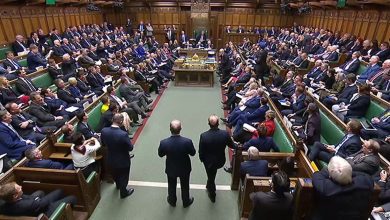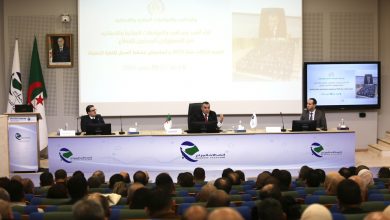The Islamic institution of Hisba, often translated as ‘accountability’ or ‘oversight,’ played a pivotal role in shaping the socio-economic and intellectual landscape of historical Islamic societies. Beyond its simplistic interpretations, the Hisba was a complex system designed to ensure fair practices, uphold moral standards, and safeguard intellectual property rights, impacting all levels of society.
Historically, the Muhtasib, the official in charge of implementing Hisba, held significant authority. Their responsibilities ranged from ensuring the accuracy of weights and measures in marketplaces to monitoring the conduct of professionals, including physicians. Records show that Muhtasibs were empowered to examine medical practices, ensuring that doctors adhered to ethical guidelines and possessed the requisite knowledge to practice medicine safely. This oversight extended to other professions, aiming to maintain standards and protect the public from malpractice.
Moreover, the Hisba played a crucial role in maintaining public order and resolving disputes. The Muhtasib acted as a mediator in conflicts, striving to achieve just and equitable outcomes. This proactive approach to conflict resolution contributed to social harmony and stability within the community.
A lesser-known, yet highly significant, aspect of the Hisba was its role in protecting intellectual property. The institution actively worked to prevent plagiarism and ensure the originality of scholarly works. This commitment to safeguarding intellectual creations fostered innovation and encouraged the pursuit of knowledge within Islamic societies. The Hisba’s dedication to preserving intellectual integrity highlights its profound impact on the development of Islamic scholarship and scientific advancement.
The Hisba’s influence extended to the conduct of those in positions of power, including princes and scholars. The institution provided a mechanism for holding individuals accountable, regardless of their social standing. This commitment to justice and fairness, applied across all societal strata, solidified the Hisba’s crucial role in maintaining a balanced and equitable society. The institution’s legacy serves as a reminder of the importance of ethical governance, professional integrity, and the protection of intellectual property within a thriving society.




